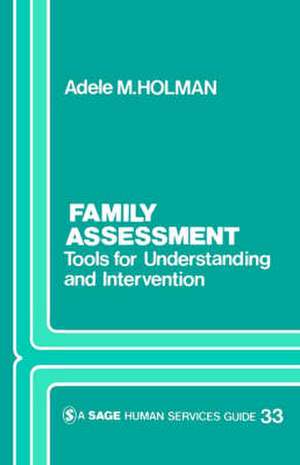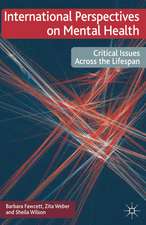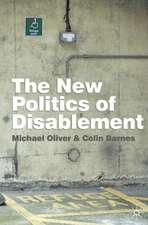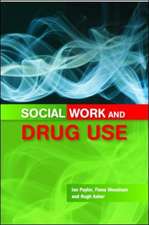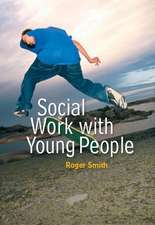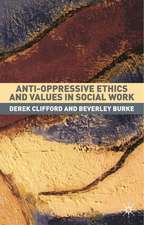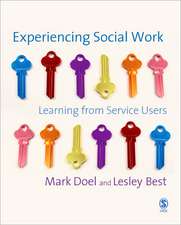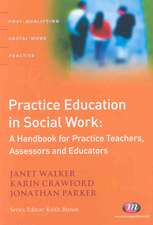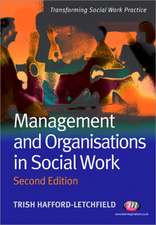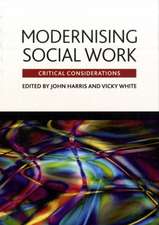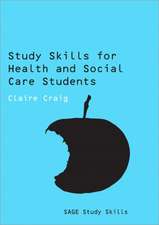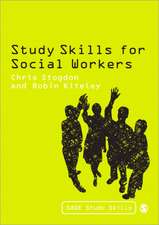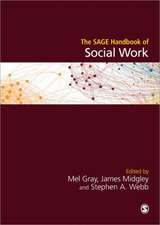Family Assessment: Tools for Understanding and Intervention: SAGE Human Services Guides, cartea 33
Autor Adele Holmanen Limba Engleză Paperback – 10 aug 1983
Din seria SAGE Human Services Guides
- 15%
 Preț: 559.87 lei
Preț: 559.87 lei - 18%
 Preț: 788.14 lei
Preț: 788.14 lei - 15%
 Preț: 546.45 lei
Preț: 546.45 lei - 18%
 Preț: 783.24 lei
Preț: 783.24 lei - 15%
 Preț: 545.63 lei
Preț: 545.63 lei - 18%
 Preț: 714.20 lei
Preț: 714.20 lei - 18%
 Preț: 715.31 lei
Preț: 715.31 lei -
 Preț: 480.89 lei
Preț: 480.89 lei - 15%
 Preț: 549.05 lei
Preț: 549.05 lei - 5%
 Preț: 612.56 lei
Preț: 612.56 lei - 18%
 Preț: 714.99 lei
Preț: 714.99 lei - 18%
 Preț: 716.25 lei
Preț: 716.25 lei - 18%
 Preț: 784.05 lei
Preț: 784.05 lei - 15%
 Preț: 550.53 lei
Preț: 550.53 lei - 18%
 Preț: 786.41 lei
Preț: 786.41 lei - 18%
 Preț: 787.03 lei
Preț: 787.03 lei - 9%
 Preț: 582.94 lei
Preț: 582.94 lei - 18%
 Preț: 1088.46 lei
Preț: 1088.46 lei - 18%
 Preț: 713.75 lei
Preț: 713.75 lei - 18%
 Preț: 784.35 lei
Preț: 784.35 lei - 15%
 Preț: 550.20 lei
Preț: 550.20 lei - 43%
 Preț: 363.17 lei
Preț: 363.17 lei
Preț: 712.94 lei
Preț vechi: 869.44 lei
-18% Nou
Puncte Express: 1069
Preț estimativ în valută:
136.46€ • 148.28$ • 114.70£
136.46€ • 148.28$ • 114.70£
Carte tipărită la comandă
Livrare economică 21 aprilie-05 mai
Preluare comenzi: 021 569.72.76
Specificații
ISBN-13: 9780803920200
ISBN-10: 0803920202
Pagini: 119
Ilustrații: 1
Dimensiuni: 141 x 213 x 9 mm
Greutate: 0.18 kg
Ediția:Will Be Reissue.
Editura: SAGE Publications
Colecția Sage Publications, Inc
Seria SAGE Human Services Guides
Locul publicării:Thousand Oaks, United States
ISBN-10: 0803920202
Pagini: 119
Ilustrații: 1
Dimensiuni: 141 x 213 x 9 mm
Greutate: 0.18 kg
Ediția:Will Be Reissue.
Editura: SAGE Publications
Colecția Sage Publications, Inc
Seria SAGE Human Services Guides
Locul publicării:Thousand Oaks, United States
Cuprins
The Uses of Family Assessment: Introduction
The Framework for Family Assessment
The Family in Space and Time
Methods of Assessment
Observation and Checklists
Assessing Your Own Capacities to Do Assessment
Relating Assessment to Intervention
The Framework for Family Assessment
The Family in Space and Time
Methods of Assessment
Observation and Checklists
Assessing Your Own Capacities to Do Assessment
Relating Assessment to Intervention
Descriere
A practical guide for human service workers and students which describes and shows techniques for use in assessing families. The author reviews a conceptual basis of family assessment in chapters that focus on the family as a system, the family and its environment, and the family life cycle. She goes on to describe such methods of assessment as the ecomap, the genogram, family sculpture, and the use of observation and checklists. Throughout the guide, case examples are used to illustrate concepts and show the techniques in use. A special feature of particular value is the self-teaching exercises designed to give the reader practice in applying these ideas and methods. A concluding chapter relates family assessment to treatment or interventi
